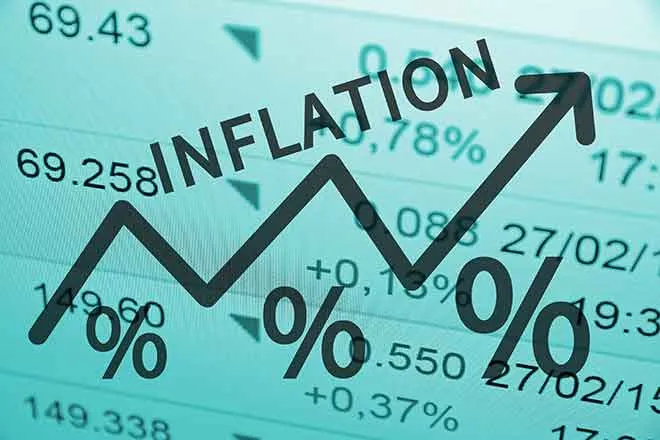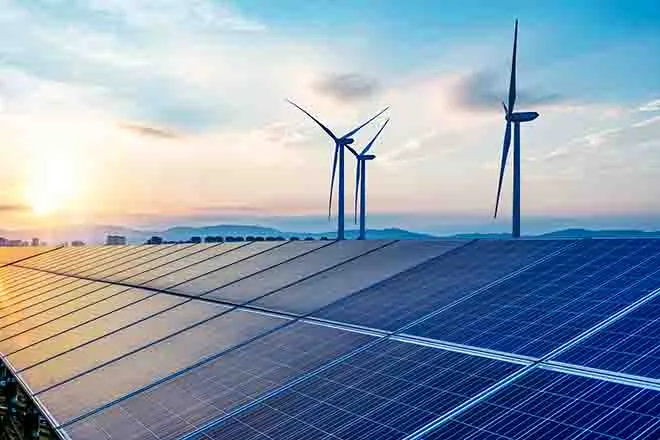
Kansas City Fed: Energy activity 'increased moderately' in district during first quarter
(The Center Square) – Energy activity in the Federal Reserve Bank of Kansas City's region "increased moderately" during 2022's first quarter, according to the latest energy survey from the bank.
The survey covered the 10th Federal Reserve Bank District, which includes Colorado, Nebraska, Oklahoma, Kansas, Wyoming, and parts of New Mexico and Missouri.
Drilling and business activity increased slightly from 32 percentage points up to 39 in the first quarter, the survey found. This is relatively high compared to historical standards, according to the bank.
Chad Wilkerson, Oklahoma City branch executive and economist with the Federal Reserve Bank of Kansas City, said the survey also showed that expectations for future activity remains strong despite some unfavorable economic conditions.
“Firms reported higher prices needed to substantially increase drilling for oil and natural gas,” Wilkerson said in a statement. “Firms ranked labor shortages and investor pressure to maintain capital discipline as the main factors constraining growth.”
The indexes for employment, wages and benefits, and access to capital also increased to their highest levels since 2014.
The bank’s survey asked respondents questions about what oil and natural gas prices were needed to maintain the profitability of drilling operations. Businesses said the average oil price needs to reach $62 per barrel while the average natural gas price needs to be $3.72 per British thermal unit (BTU) for operations to remain profitable.
Currently, the price of a barrel of crude oil is more than $97, according to data from MarketWatch. The average price of natural gas is more than $4.90 per BTU, according to the Energy Information Administration.
These elevated prices have pushed gasoline prices higher across the region as well. The average price of a gallon of gasoline in Wyoming is $4.10 compared to $2.91 from a year ago, according to data from the American Automobile Association.
A group of 25 Republican governor's last month called on the Biden administration to prioritize domestic oil and gas production following Russia's invasion of Ukraine.
Looking ahead, the survey found that energy businesses remain optimistic about future production. Nearly half of respondents said they expect their production to increase “slightly” while just 14 percent said they expect a slight decrease.















